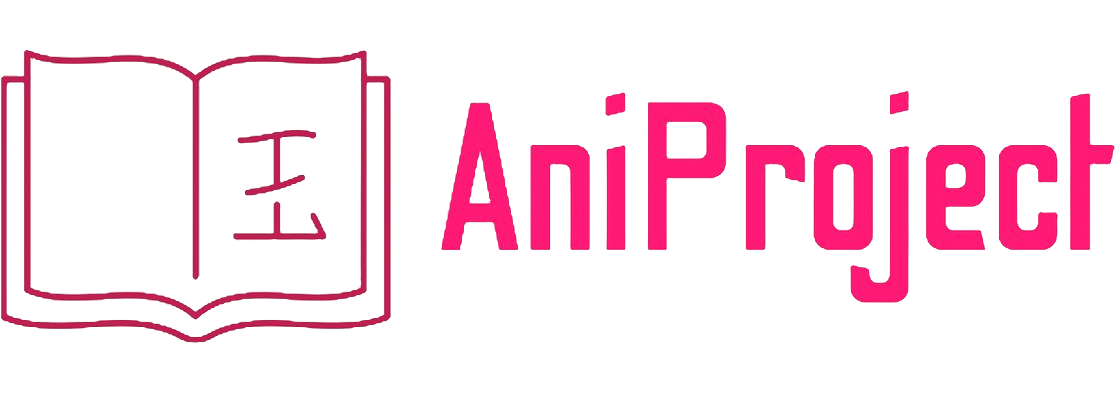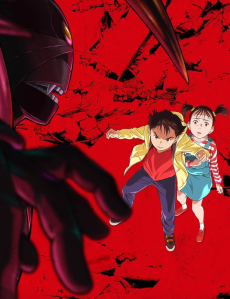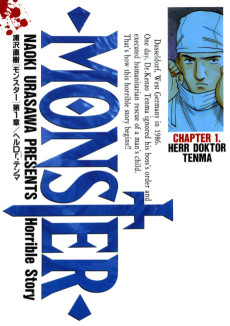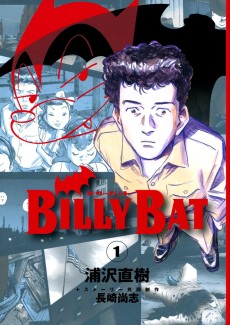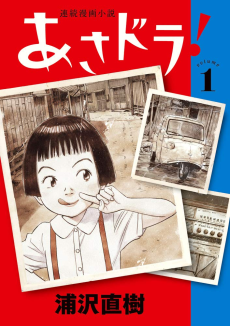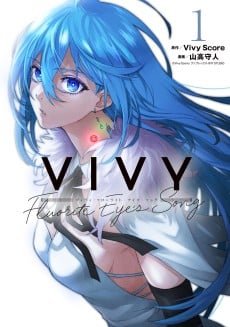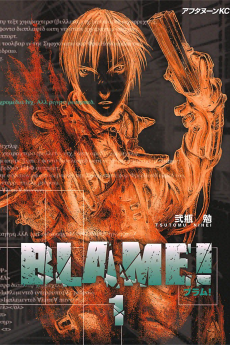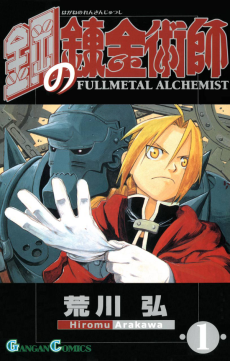PLUTO
STATUS
COMPLETE
VOLUMES
8
RELEASE
April 1, 2009
CHAPTERS
65
DESCRIPTION
In an ideal world where man and robots coexist, someone or something has destroyed the powerful Swiss robot Mont Blanc. Elsewhere a key figure in a robot rights group is murdered. The two incidents appear to be unrelated...except for one very conspicuous clue - the bodies of both victims have been fashioned into some sort of bizarre collage complete with makeshift horns placed by the victims' heads. Interpol assigns robot detective Gesicht to this most strange and complex case - and he eventually discovers that he too, as one of the seven great robots of the world, is one of the targets.
(Source: Viz Media)
CAST
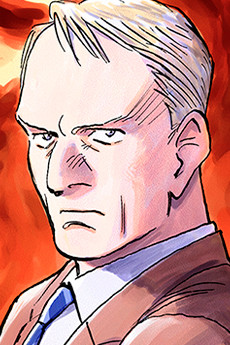
Gesicht
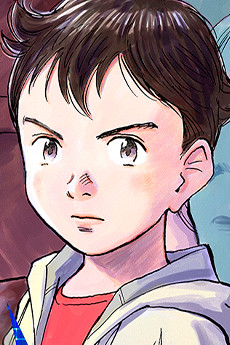
Atom
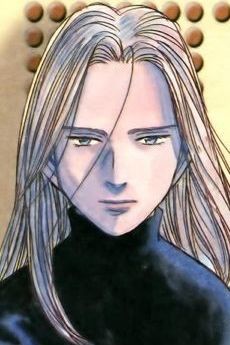
Epsilon
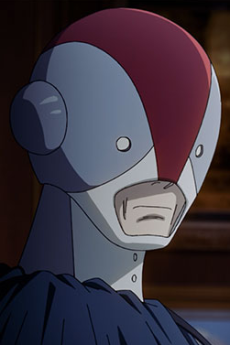
North 2-gou
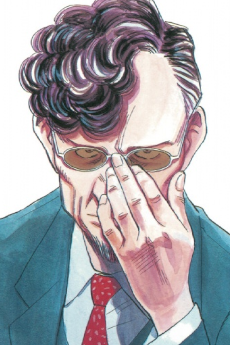
Umatarou Tenma
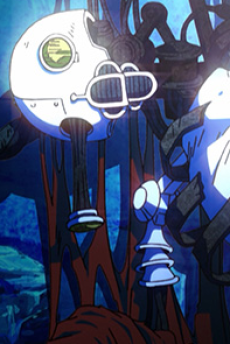
Brau-1589
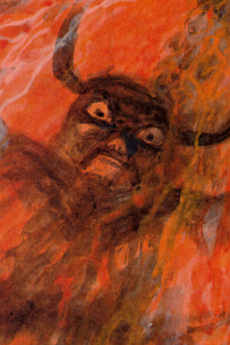
Pluto
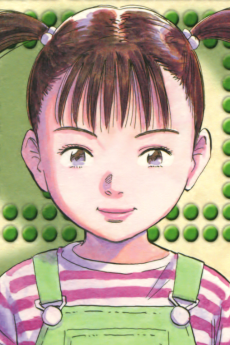
Uran
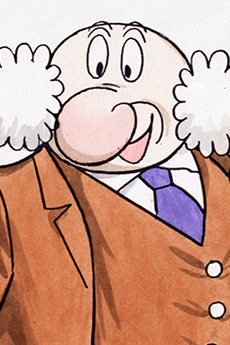
Ochanomizu Hakase
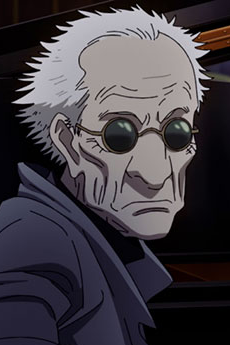
Paul Duncan
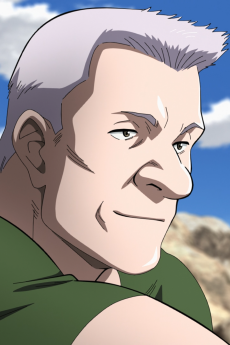
Heracles
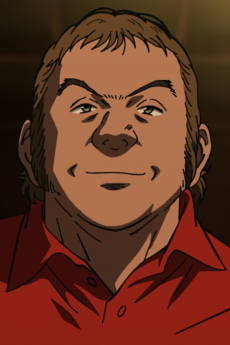
Brando
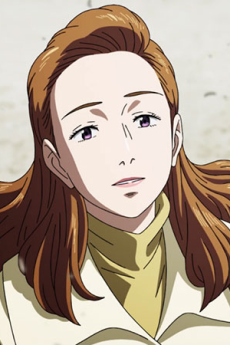
Helena
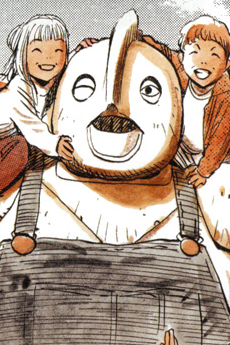
Mont Blanc
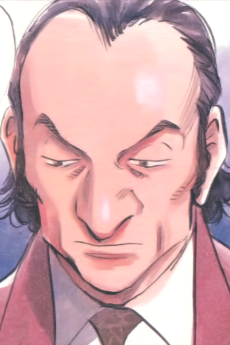
Abullah
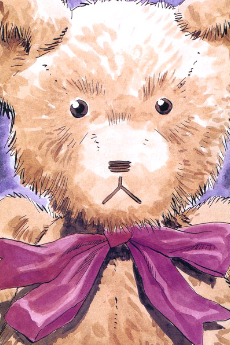
Dr. Roosevelt
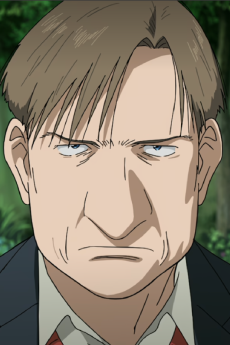
Adolph Haas
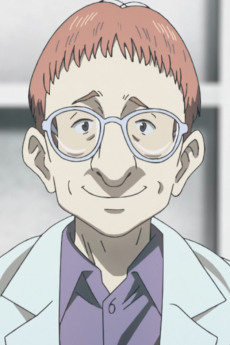
Hoffman
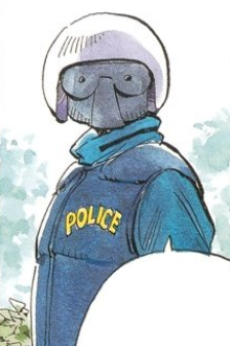
Yujiro
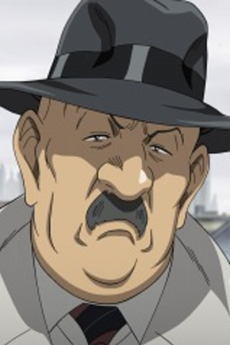
Tawashi
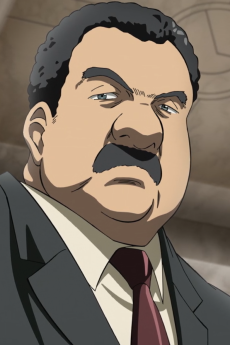
Darius 14-sei
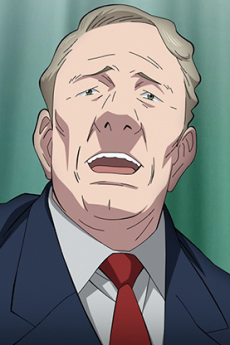
Alexander Daitouryou
CHAPTERS
RELATED TO PLUTO
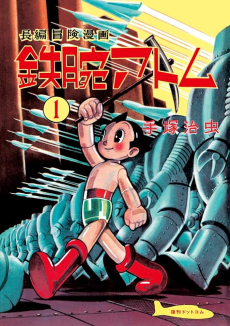 MANGA AdventureTetsuwan Atom
MANGA AdventureTetsuwan AtomREVIEWS

0215MADman
93/100Naoki Urasawa's take on his favorite Astro Boy arc adds extraordinary amounts of depth that I can thoroughly recommend.Continue on AniListMy history with Astro Boy admittedly isn't much. I was well aware of its existence and I might have watched an episode or two of both the 1963 and 2003 animes, but I think my first real introduction was with the 2009 Imagi movie. I've been meaning to give it a rewatch, but I wanted to point this out because you do not need to have any prior knowledge of Astro Boy (or Tetsuwan Atom if you wanna be a weeb) to enjoy Pluto.
I originally wanted to consume any possible versions of the "The Greatest Robot on Earth" arc that Pluto is based on prior to reading Pluto, but after telling some people about this I was told not to do this as it would spoil Pluto (I thought "it's Astro Boy, what would get spoiled for me?" but I lost the URL to the original manga and didn't find it again until a couple days ago) so I decided I would do it after instead. Now that I've read Pluto, I decided to read the original manga version, or at least what Dark Horse tells me is the manga version, it's hard to really tell, and I tried watching the 1980 anime version as well (I could only find the 1963 version unsubbed and 2003 does something completely different) but watching it feels about the same as rereading it at a much slower pace (not to mention its cheesiness shines bright with the 1980 TV animation) and decided that it wasn't necessary. So first and foremost I'm going to get this out of the way: reading the original manga arc or watching the anime versions does not spoil Pluto. If you want to go in blind then yeah avoid them, but the tonal shift is so drastic and so much is added and tampered with that there's nothing that it really spoils for Pluto that isn't blatantly obvious. Also while I'm on the subject, I'm aware that Studio M2 is making a Pluto anime which I think will release next year. I'm not sure how accurate it will be but given that Masao Maruyama is involved with producing, I have a feeling that it will be as close as possible. If you'd rather wait for that I won't blame you, although Pluto is a short enough manga that I can recommend at least checking out.The major difference in Pluto is that Urasawa never shows Pluto until the last 10 or so chapters. Prior to that, we only see the aftermath, the tornados, the shadows, the roars. Pluto above all else represents a great threat looming upon us all. A threat coming to wipe us all out one by one. Every time Pluto does battle it is an event.
Another main difference between the two is power. In the original, they determined which robot is more powerful based on a pure number statistic. "Oh, he had 100,000 horsepower!" "I can't believe he beat him when he had 400,000 horsepower!" The Pluto manga instead takes a different angle by switching horsepower with emotions, things robots aren't supposed to have. By this logic, the more emotions you have, the more powerful you become.
The last thing to bring up when comparing differences is that Astro Boy (named Atom in Pluto because, well, that's his Japanese name) is not the main protagonist of the manga. Going in blind I thought it would be about the creator of Pluto but the main character is actually one of "the seven stongest robots in the world" that is extremely minor in the original. With this change, Urasawa gives this character far more development with regards to relationships, enemies, and his own inner struggles. In fact, every single one of the seven strongest robots get substantial character development as they're introduced far earlier in the story than just "right before they fight Pluto". Some get more development than others but it's definitely more than just "there he is, he is strong, okay time to fight Pluto". It makes us care more about these characters because it isn't the Astro Boy show. Atom is just as important a character as any of the other seven strongest robots.
The message of the story turns from "just get stronger" to "no one wants to die and no one wants to kill, it is only hatred that makes us want to commit such acts".

Horiz0n
90/100My Review on Naoki Urasawa's PlutoContinue on AniListThis review contains minor spoilers.
Pluto is based on Astro Boy, specifically "The Greatest Robot on Earth" arc. It takes place in a sci-fi setting where Sentient robots coexist with humans. It's about serial killer trying to eliminate the seven most advanced robots in the world. The protagonist, Detective Gesicht who also happens be a robot as well as a target is assigned by Europol to solve this case.
The characters in Pluto are well developed, especially the main seven robots who each have their own different personality yet are not too different from each other. Human society claims that they are nothing more than soulless machines but we slowly see how A.I. are no different from regular people, they are capable of human emotions such as love, sadness, pain and hatred which is dangerous for beings that are much smarter and more powerful than us humans.
Gesicht is a very interesting protagonist with fantastic character development who kept me engaged from start to finish. The other robots Atom, North#2, Brando, Heracles, Uran, Montblanc, Epsilon and even Pluto himself have very touching character moments despite a few of them having less screentime.
Another great thing about Pluto is the art, Urasawa always manages to make top tier manga panels in all of his works. His characters designs are very mature looking which is hard to find in anime or manga nowadays.





Although if I had one complaint it would be the constant body swapping and "who built what A.I." for the antagonist side are a little too complicated. The antagonists except for Pluto aren't very interesting so it's easy to forget details about them that might be an important reveal later on.
Final thoughts: Even though the world and few of the characters are based on Astro Boy, you don't need to watch that to understand this. It is a fun fast-paced mystrey thriller that is also very thought provoking.

Lyadh
90/100Pluto : Human feelings of hate explored in Artificial IntelligenceContinue on AniListIn chapter 20 of Pluto we see a conversation between various TV hosts about Robot Jurors and how they will judge human crimes. One man says that Robots are more impartial than any humans whereas It's an interesting thought that someone can't be impartial and human at the same time. All humans have their own biases.
Pluto's shows a society where humans and Robots coexist in an almost utopia like state. The AIs in that world have been developed to such a level that some characters might ask if certain robots can feel certain emotions or understand them, I have never felt that the author Naoki Urasawa himself questioned this. As far as I am concerned I have no doubt in my mind about the humanity of most of the robots shown in this story. But what does that mean in a general sense?

An AI developing distinctly human feelings means a lot for the society at large, it's another group to consider among the laws passed and well Pluto's society has distinct Robot rights. There's also the ethical and moral implications to consider. Is creating a Robot with human feelings just to have it follow commands something that should be done? Human feelings are also not necessarily only positive, Empathy, kindness are human traits but so is hatred.
Pluto starts with one of the 7 great Robots of the World , Mont Blanc being killed. Among these Robots Mont Blanc was one of the 5 participating in the 39th Central Asian War. All these Robots caused massive amounts of deaths and devastation in the war. The total number of Robots killed doesnt matter like Mont Blanc says in a very human fashion in a flashback it was “too many”. Mont Blanc however found a new purpose , a beloved Mountain Guide guiding the way to developing a tree harvesting program for environmental conservation purposes. His death was widely mourned across the planet.
Mont Blanc wasn't the only one killed, however Bernard Lanke, a key figure in the Robot rights group was also killed. Both their bodies showed in a way that they have horns sticking from the head. The other connection is that Lanke had been a member of the Bora survey group whose findings in Persia directly led to the War and Mont Blanc fought in that war. It quickly becomes clear that these 7 Robots, the best in the world, are the targets along with people who participated in the conflict and Survey members are in danger too. A few of these robots have even started to regret their actions in the War. These are not errors in code, they kind of understand that participating in the war was not a good thing after all. A robot making a mistake only makes sense if they themselves understand that this is a mistake.
We see Lanke could have been killed by a robot. Which would make him the second person ever to have been killed by a robot. The first Robot to kill was Brau 1589 neither was his code wrong that caused this action nor did he acknowledge this as a mistake. It's kind of terrifying to think that a repeat of that anomaly might have occurred but this time there seems to be a goal behind it. It's not even clear if a human or robot did it but if it was a robot the question remains. Why?

Could it be hatred?Even in a society which has seemingly advanced so far beyond our own. We see hatred manifest in different ways. Getting into the actual events of the story now.
There is the anti Robot group who basically want Robots to go back to being servants rather than the current members of society who can own property and live more or less like a citizen. The member of this group we see the most is Adolf Hess; he hates robots; he particularly hates Gesicht, who he finds out killed his older brother.
Gesicht too killed Hess’ brother out of hate after seeing that Hess' brother destroyed the broken robot he adopted.
The killing spree against the 7 robots and the Bora survey member is also led by the extreme hatred Abdullah, a Persian scientist, feels towards them for destroying his home of Persia and his dream of a green country.It's kind of ironic that due to certain circumstances Adolf Hess comes under fire from the anti Robot group. We have Adolf Hess here who is scared to death of being killed by a group of people who hate Robots as much as he does and the only one who protected him is a robot he hates the most and even tried to kill.
And even when Gesicht dies his strong hatred moves through the remaining of the robots but his last thoughts were.

Nothing comes of HateIt's something Pluto in general believes in.
Atom was Professor Tenma’s creation. He created Atom to be like his dead son Tobio. He was disappointed to see Atom was nothing like him. He lacked the small things that made Tobio who he was like the food he liked or disliked. He even considered Atom a failure and thought that Atom might have hated him. Atom never gave into hate in the series. Even when he was revived with Gesicht’s memories and his hate.
Pluto the Robot that has been killing the other robots is only a killing machine in that body but he just wants to create a green field where life can flourish.
Urasawa does not give us a way towards a hate free world. Just a wish for one.
The manga itself however Ends on a work of violence, Brau 1589 throws a sharp arrow like thing towards the Supercomputer AI that has orchestrated much of the events in Pluto. I do not have the best explanation for how this ties into the overall themes of Pluto. Is it showing that in the end violence is still necessary? That hate persists still? Or is it just signalling the end of that saga.

Whatever it might mean Pluto is an excellent piece of art. It shows issues with a lot of depth and nuance and I am sure I have barely been able to capture a small part of it. Hell I haven't even read the original Astro Boy that Pluto is based on. I do have some problems with Pluto. I did not find the whole deal about the United States of Thracia’s Supercomputer Robot orchestrating the whole thing that compelling. How disconnected it feel with the majority of the events in the story makes me not really think of it much.
But all this complaints pale in comparison to the praise I have for Pluto. I have yet to mention the art which is beautiful, Gesicht as one of my favourite protagonists or even the many questions its asks about the evolution of AI.
SIMILAR MANGAS YOU MAY LIKE
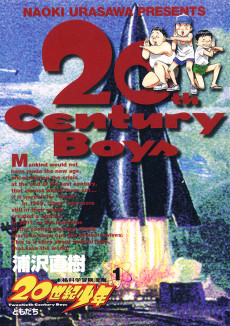 MANGA Drama20 Seiki Shounen
MANGA Drama20 Seiki Shounen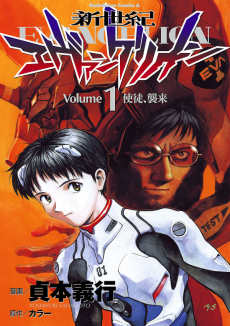 MANGA ActionShin Seiki Evangelion
MANGA ActionShin Seiki Evangelion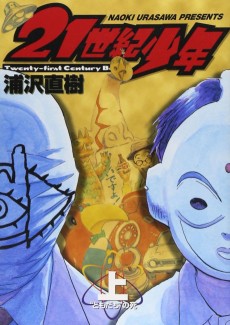 MANGA Drama21 Seiki Shounen
MANGA Drama21 Seiki Shounen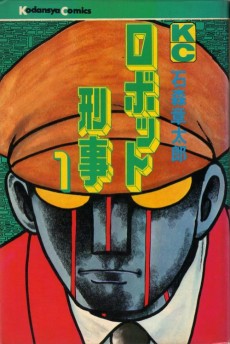 MANGA ActionRobot Keiji
MANGA ActionRobot Keiji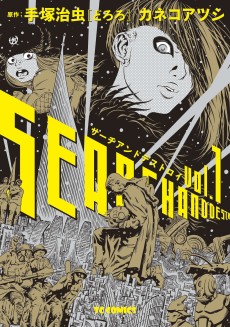 MANGA ActionSearch and Destroy
MANGA ActionSearch and Destroy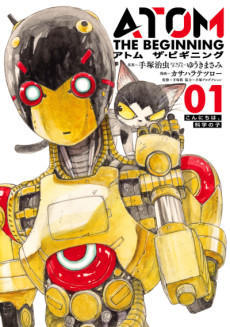 MANGA ActionAtom: The Beginning
MANGA ActionAtom: The Beginning
SCORE
- (4.25/5)
MORE INFO
Ended inApril 1, 2009
Trending Level 2
Favorited by 2,786 Users

